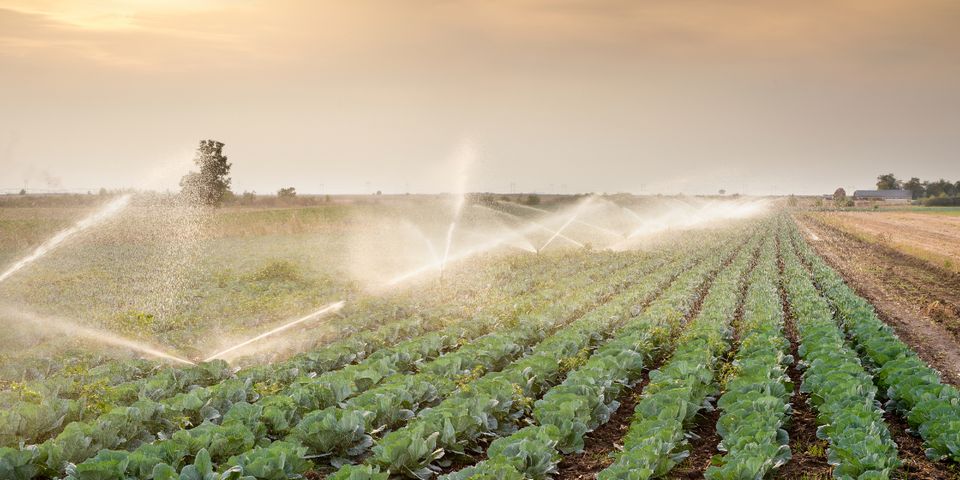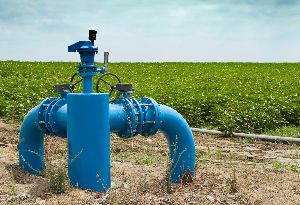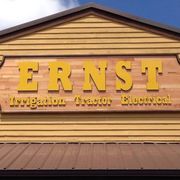3 Common Sources of Irrigation Pump Problems

If you’ve noticed that your land suddenly isn’t receiving water on the schedule it should, it’s possible the irrigation pump is the problem. An important piece of irrigation equipment, this component pumps water from the source into the channels to the areas where water is delivered. While it’s a good idea to enlist the help of a professional if you’re unsure of the issue’s root cause, here are a few potential problems to consider.
A Guide to Irrigation Pump Issues
1. Insufficient Water Supply
If you have a well and the water levels are too low, it can prevent the pump from receiving adequate water. Punctures or blockages in the pipeline can also lead to insufficient supply.
Oftentimes, however, the cause is an issue with the irrigation equipment itself. A strainer partially plugged due to weeds, sediment, and debris may be responsible.
2. Lack of Power

If there’s an issue with your area’s power supply, irrigation systems are likely to shut off first because they’re at the end of the grid. The pumps supplying water to the pivots use the most electricity, so they’ll fail to work with insufficient power.
As the system continues trying to draw amps, which can produce excess heat in the motor and cause failures. A refurbishing process can help restore the efficiency of motors to prevent overheating.
3. Contaminated Water
While large particles can clog your system’s strainers, it’s also possible for irrigation equipment to get clogged with smaller debris. For example, silt and sand are difficult to filter out and can eventually wear away at components such as the pump and valves.
Chemical contaminants can also clog seals and other aspects of the system. Eventually, these components may need to be replaced, but new parts should be chosen with the water’s consistency and quality in mind.
Whether you need irrigation equipment repair or replacement, Ernst Irrigation is your source for superior service. Serving St. Paul, OR, this team uses top-of-the-line equipment and services to help local farms and homeowners maintain their properties. Find out more about their services online or by calling (503) 633-1111.
About the Business
Have a question? Ask the experts!
Send your question

